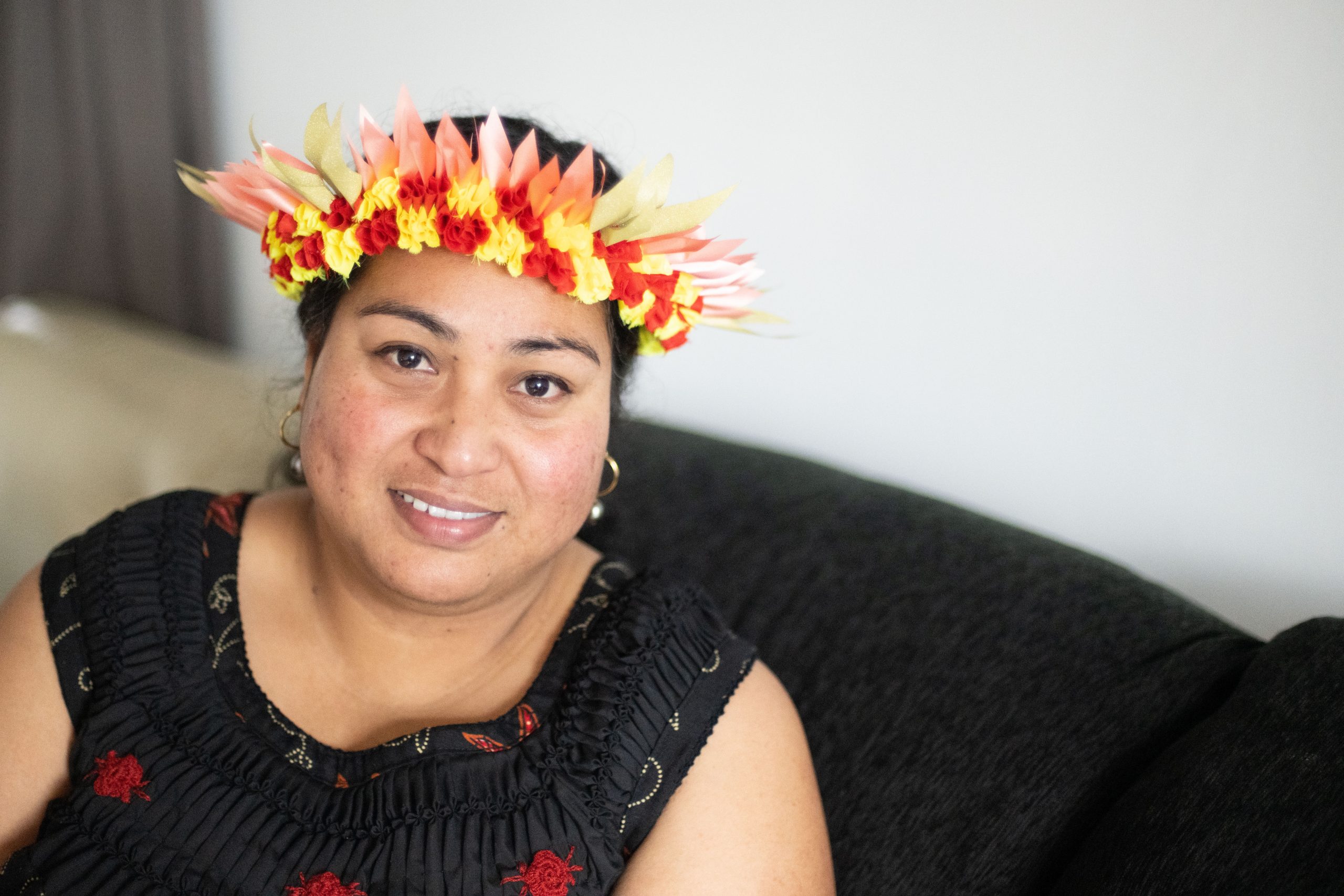This week is Kiribati Language Week, a celebration of the language of one of New Zealand’s smallest Pacific Island communities.
The theme ‘‘Ribanan, karikirakean ao kateimatoan ara katei ma ara taetae ni Tungaru’’, highlights the importance of nurturing, enhancing, and sustaining the Tungaru language and culture.
Tungaru, the name given by their ancestors, plays a significant role in shaping their identity and wellbeing.
For Meraine Lafita, her language is the connection to her homeland, her culture and her family.
The Alexandra woman hails from Kiribati (pronounced Kiribas), a Pacific Island nation of 33 coral islands north of Fiji. She moved to New Zealand when she was 12.
She is one of only two i-Kiribati (pronounced e-kiri-bas) people living in Central Otago.
‘‘[Kiribati] is heartwarming, that’s how I would summarise it — if you don’t like the cold, go there. . .if you like seafood, that’s the place to go, but for me that’s where my home is, my heart and my family.
‘‘My sense of belonging is there, so Igo back to reconnect then come back to New Zealand.’’ Life in Alexandra is vastly different from life in the islands, and she isintentional about connecting her son to his Kiribati heritage, keeping her culture alive through dance. ‘‘I dance when I can at home . . .that’s how I stay connected with my culture.’’ With limited opportunity to speak her native tongue, Mrs Lafita speaks with New Zealandbased family and other i-Kiribati friends.
‘‘I think it’s really important where you can keep up your language, [keep it] alive — it is also part of who you are, language is another path.
‘‘My Kiribati language is important to me is because it shows me who I am . . it’s good for my wellbeing and confidence.’’





